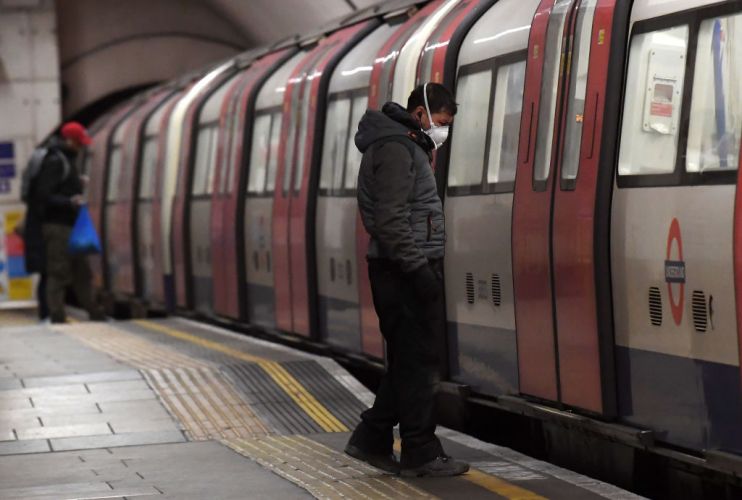Round the bend again: TfL buckles up for crunch time in latest funding talks

It’s almost like we’ve been here before. On 31 March, Transport for London will for the third time in under a year run out of money, unless it can agree a new funding deal with the government.
The past two bailout packages – totalling £3.3bn – were only agreed after weeks of frantic and at times fractious negotiations.
On both previous occasions a deal was eventually agreed – but only after TfL acquiesced to several unwanted conditions.
TfL has on this occasion set an initial target deadline of 16 March for a deal to be agreed. But who wants what, and how will it impact Londoners?
What does TfL want?
In brief: not to have to do this again in the foreseeable future.
Since November’s bailout was agreed the network operator has been pushing hard for a multi-year package in order to help stabilise its finances.
It says that such an approach would be in line with how the government treats bodies like Highways England or Network Rail.
In the immediate future, however, another hefty chunk of cash has been demanded: £3bn for the next financial year.
That’s just for operational costs. In terms of capital funding – for investments in new projects and equipment – TfL wants £1.6bn a year from 2023 to 2030.
It says that this will go towards new trains and signalling equipment on the Tube, as well as replacing the whole London bus fleet with electric models.
This funding is all part of plans to move TfL’s funding model away from fares revenue, which Commissioner Andy Byford has identified as his number one priority.
72 per cent of TfL’s pre-pandemic revenue came from fares. At similar transport bodies around the world, such takings make up about 40 per cent of total revenue.
So when passenger volumes collapse, as they have done so spectacularly over the last year, the money also runs out.
TfL has put forward a couple of ideas as to where this extra funding should come from.
Before the Open: Get the jump on the markets with our early morning newsletter
First, it has proposed that London could keep the £500m that is raised through Vehicle Excise Duty on cars in the capital each year.
Second, it has proposed a “boundary charge” – a £3.50 levy on all non-London vehicles entering the capital. Again, this would raise an estimated £500m.
Is TfL going to get the deal it wants?
Probably not – in full, that is. Transport secretary Grant Shapps has already come down hard to the VED and “boundary charge” proposals, saying that they compromise the principle of “no taxation without representation”.
However, there is a sense that negotiations may be more conciliatory than on previous occasions.
Last week Sadiq Khan revealed that the government had dropped demands for a review into introducing driverless Tube trains, which it had asked for as part of November’s deal.
But officials at the operator will be hoping that there are no nasty surprises in store, like last May’s deeply unpopular demand that TfL scrap concessionary travel for pensioners and under 18s.
The network will be hoping that the cost-savings steps it laid out in its financial sustainability plan will go some way to proving to ministers it is not simply looking for handouts.
Under the plans, TfL will make a total of £730m of recurring savings through to 2024/25. Part of this will come from a pre-existing plan to reduce the cost of certain back and middle office activities by 30 per cent.
There will also be additional operational savings, such as a proposed four per cent reduction in the bus kilometrage operated across London by 2024/25.
Commissioner Byford has made it clear that although a long-term deal is the “holy grail” for TfL, the network is “totally beholden” to the government on the issue.
And speaking to the London Assembly’s transport committee last week, deputy mayor for transport Heidi Alexander raised the possibility that ministers could just give the operator a three-month extension on its current deal, as they have done for rail firms.
Deja vu?
All this leaves a certain sense that history is simply repeating itself. On the last two occasions, negotiations went right down to the wire – and in October the parties needed a two week extension to get things sorted.
TfL has said it would “ideally” have a new package in place by its next board meeting on 16 March.
“It feels a little like the calm before the storm”, Alexander told Assembly Members. “I can’t tell you that it will be concluded this Friday or next Friday. It feels like there’s still a lot of water to go under the bridge.”